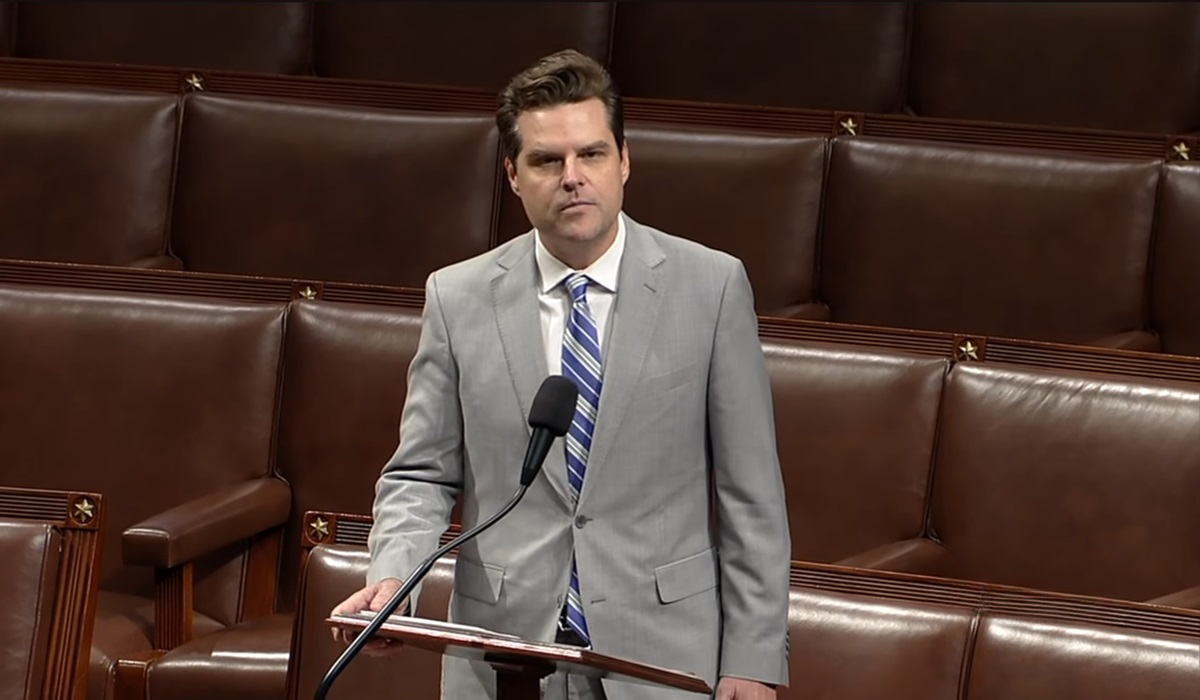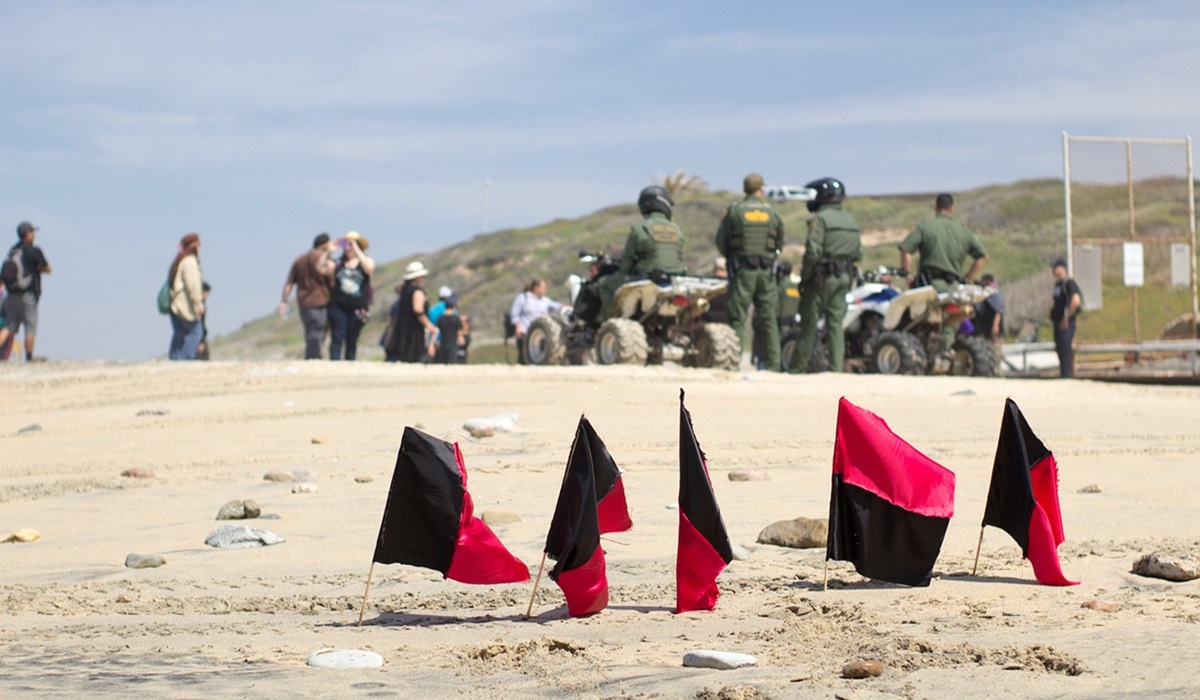Diplomatic Tensions Rise as U.S. Ambassador Allegedly Ochrestrating Coup In Lebanon
- TDS News
- Breaking News
- November 4, 2024

Image credit, @LBpresidency Social Media Feed
Troubling reports circulating across Middle Eastern and North American media suggest that U.S. Ambassador to Lebanon, Lisa A. Johnson, may be engaged in discussions with prominent figures of the Lebanese Sovereignist party to push for a political upheaval in Lebanon. This alleged move, dubbed the “Enough” campaign, is reportedly aimed at countering Hezbollah’s influence in the Lebanese government by supporting Lebanese Armed Forces Commander General Joseph Aoun in a potential presidential bid. Though unconfirmed, these developments raise serious questions about U.S. intentions and the ethics of foreign intervention.

According to Al-Akhbar and multiple regional sources, Johnson allegedly met with top Lebanese Sovereignist leaders, encouraging them to push for Aoun’s leadership, suggesting U.S. and regional support for an anti-Hezbollah government. Johnson is said to have reassured her allies that the West and Arab nations would support this shift, purportedly stating, “We will support the Army in restraining all Hezbollah supporters. You will have backing from Arab states and the West. But the time to act is now.” Such rhetoric, if accurate, indicates more than just diplomatic support; it suggests active backing for a potential coup.
Lebanon is no stranger to foreign interventions, and U.S. involvement in its affairs is a longstanding issue. Hezbollah, despite its controversial nature and classification as a terrorist organization by several Western countries, is a legitimate and influential part of Lebanon’s political landscape. Its opposition to Israel has garnered support among significant segments of the Lebanese population. A forced shift in power that aims to exclude or counter Hezbollah’s influence could destabilize the delicate balance of Lebanese politics, potentially plunging the country into even greater turmoil.
If these allegations prove true, they could represent a severe overreach of diplomatic protocol. An ambassador’s role, especially in a fragile state like Lebanon, is to foster constructive relations, not to orchestrate regime change. By allegedly coordinating with the Lebanese military and pressing for a coup, Johnson would be crossing a line that risks compromising her diplomatic standing and endangering Lebanon’s sovereignty. The White House and the State Department have yet to issue an official statement regarding these allegations. However, if substantiated, the implications are severe enough to potentially lead to Johnson’s recall.
This report emerges at a time when Lebanon faces immense internal and external pressures. The country is grappling with economic hardship, political instability, and ongoing hostilities with Israel. Many Lebanese citizens, especially those sympathetic to Hezbollah, view the group as a necessary defender against Israeli aggression. Undermining Hezbollah’s influence without ensuring an alternative that is equally robust could weaken Lebanon’s defensive stance, an outcome that might serve American and Israeli interests but would leave Lebanese civilians more vulnerable.
There are also broader geopolitical stakes to consider. Installing a government that aligns more closely with U.S. and Israeli interests could open Lebanon’s natural resources to foreign exploitation. A shift toward a pro-Western administration may pave the way for international companies to mine Lebanon’s gas and oil reserves, a prospect that would benefit foreign interests far more than it would the Lebanese people.
In the shadow of these potential interventions, Lebanon stands on a precarious edge. The role of an ambassador is to support stability, not to play kingmaker. If Johnson indeed pressured Lebanese leaders to rise against Hezbollah and install a compliant government, her actions would represent a serious diplomatic breach and an affront to Lebanon’s sovereignty. While the details are still emerging, one thing remains clear: the U.S. would be wise to reassess the lines it’s willing to cross in the name of influence. For Lebanon, a destabilizing shift in power would likely deepen, not resolve, its ongoing crises.








